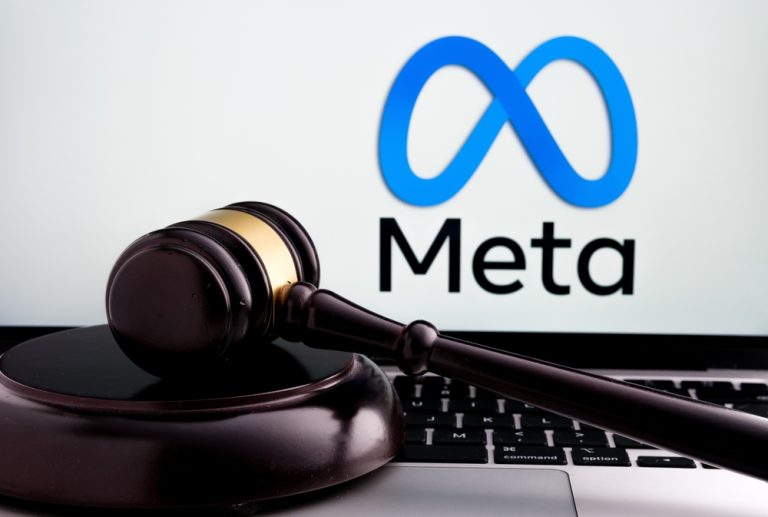In a landmark decision that has significant implications for the 2024 U.S. presidential election, the Supreme Court has unanimously ruled that states cannot disqualify candidates for federal office based on a constitutional provision related to insurrection, overturning a previous decision that had barred former President Donald Trump from appearing on Colorado’s Republican primary ballot. This ruling is a significant victory for Trump, the frontrunner for the Republican nomination to challenge incumbent Democratic President Joe Biden.
The controversy centered around interpreting the 14th Amendment’s Section 3, which prohibits individuals who have engaged in insurrection or rebellion against the U.S. from holding office. The Colorado Supreme Court had previously determined that Trump’s actions surrounding the January 6, 2021, Capitol attack disqualified him from holding public office again. However, the U.S. Supreme Court reversed this ruling, emphasizing that only Congress can enforce this provision against federal officeholders and candidates. The Court stated, “We conclude that states may disqualify persons holding or attempting to hold state office. But states have no power under the Constitution to enforce Section 3 concerning federal offices, especially the presidency.”
Trump celebrated the ruling as a “BIG WIN FOR AMERICA!!!” on his social media platform, signaling the importance of this victory for his campaign. The decision comes just before Super Tuesday, highlighting its timing and potential impact on the primary process.
Despite the unanimous outcome, the Court’s opinion revealed some internal divisions. The three liberal justices, along with Justice Amy Coney Barrett, expressed reservations about the breadth of the decision, preferring a narrower approach. Justice Barrett emphasized the importance of unity and restraint, particularly given the politically charged nature of the case, stating, “For present purposes, our differences are far less important than our unanimity: All nine Justices agree on the outcome of this case. That is the message Americans should take home.”
This ruling clears a significant legal hurdle for Trump and underscores the Supreme Court’s central role in addressing contentious political issues. It reflects on the Court’s historical involvement in presidential races, reminiscent of its decisive intervention in the Bush v. Gore case. Furthermore, it sets a precedent regarding enforcing the 14th Amendment’s disqualification clause, a matter of considerable debate since the Capitol attack.
The Supreme Court’s decision marks a critical moment in the lead-up to the 2024 presidential election, reaffirming the legal framework within which candidates can be disqualified from federal office. The ruling bolsters his position as Trump continues his campaign to return to the White House. It raises broader questions about the balance of powers between state and federal authorities in determining eligibility for office. As the nation moves closer to another election, the implications of this decision will undoubtedly continue to resonate across the political landscape.






















